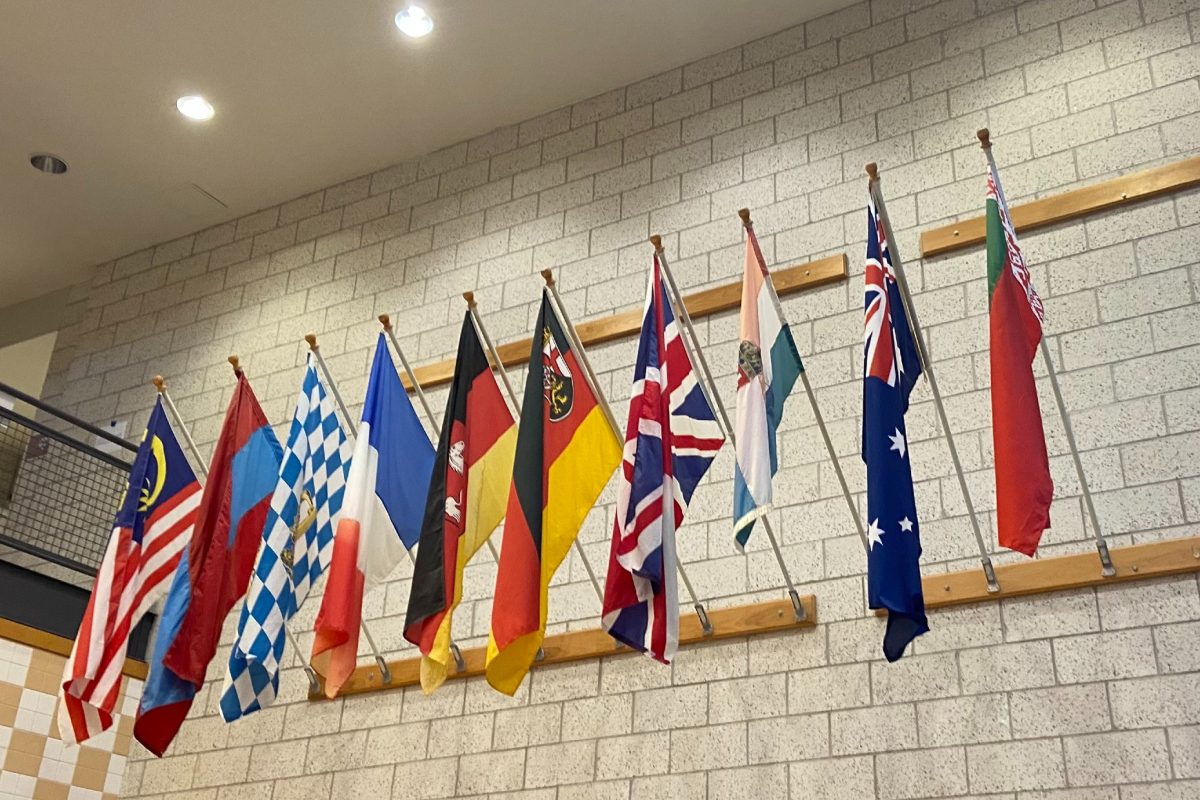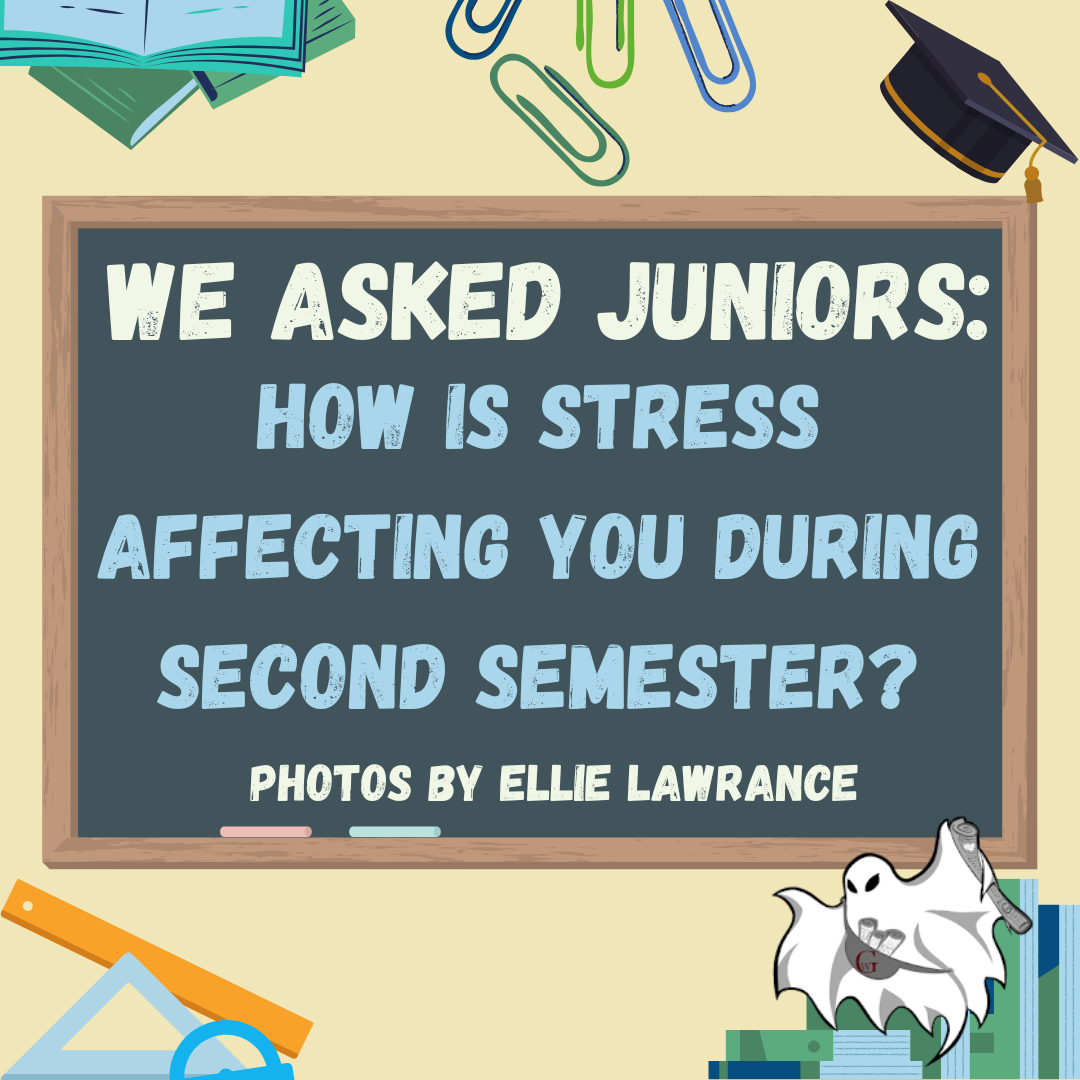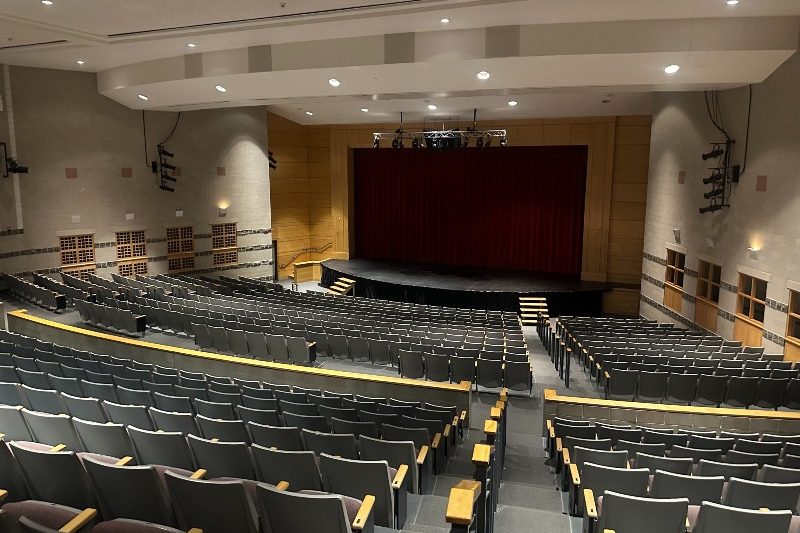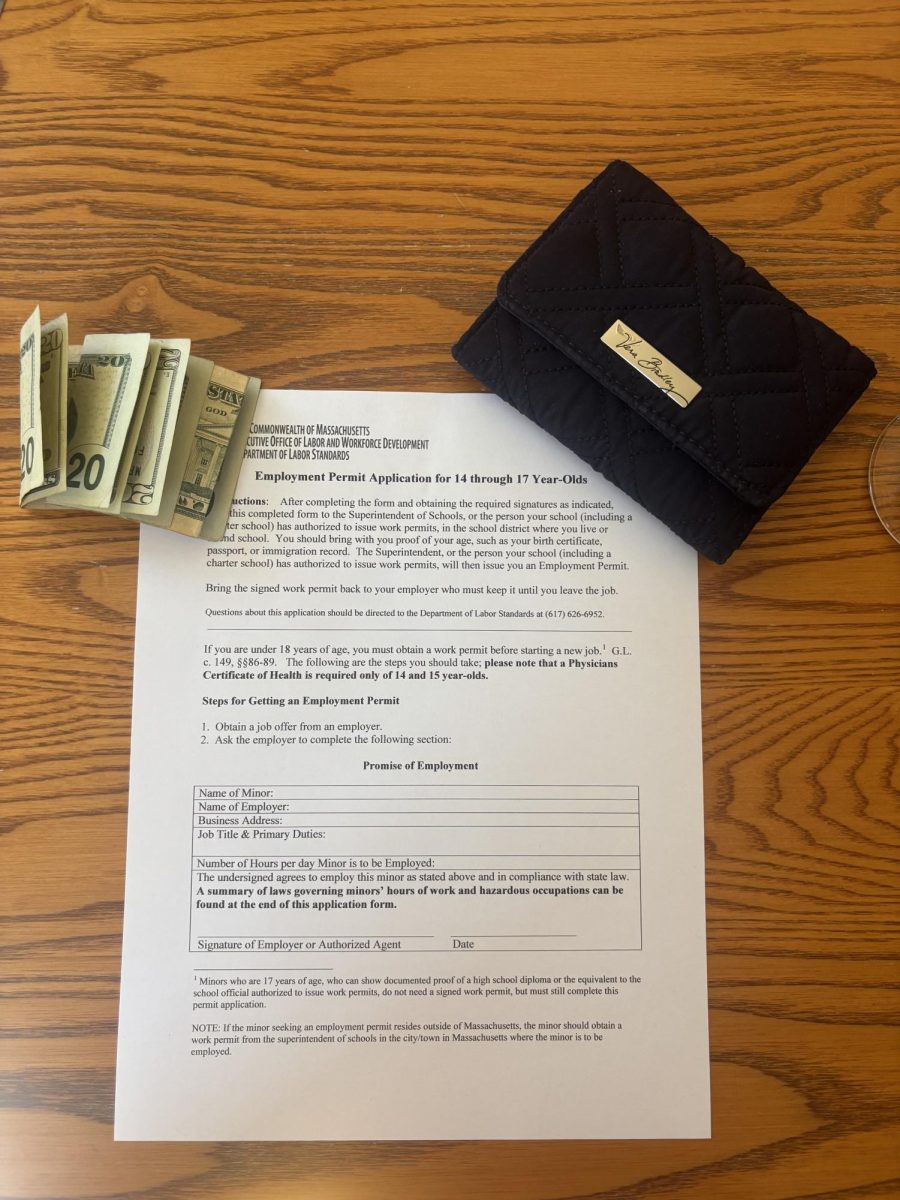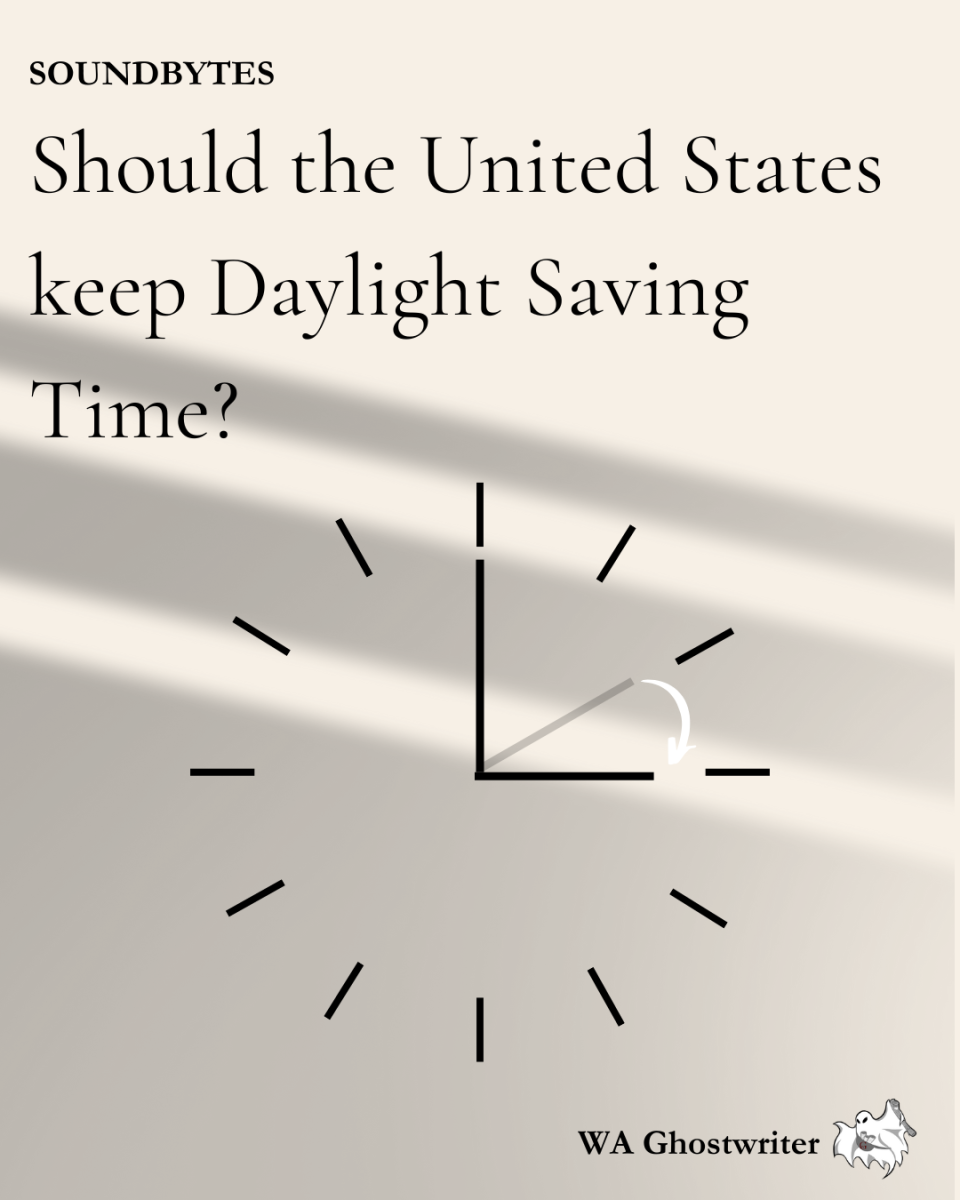Learning a new language in school is tough, to say the least. Whether it be the grammar behind complex sentence structures, or remembering the gender of nouns, there always seems to be something new to build upon. With this in mind, it is no wonder that foreign language students often find themselves overwhelmed with their studies. And yet, the feeling students get once they are finally able to understand and speak in another language is, without a doubt, beyond rewarding and beautiful.
For myself, I have found that it is precisely this feeling that has guided me to pursue French in high school. Not only that, but I now realize how valuable languages are in allowing us to better communicate with others, immersing ourselves in cultures different from our own. With this experience, I believe students should embrace foreign languages to their fullest, both in and outside of the classroom.
Although English is the most widely spoken language in the world, with 1.45 billion speakers worldwide, students should not feel as though other languages are not worth studying. While communicating with people from other countries in English is an easier option for us, when we speak with people in their native language, this allows us to get to know the other person better, and truly understand their culture. Not only that, but learning a new language expands our view of the world around us, making us more open-minded individuals.
When it comes down to my own journey with languages, my first language was actually Bulgarian. Growing up, I only spoke Bulgarian at home, and it was not until I began attending school that I found myself having to switch between Bulgarian and English constantly. Oftentimes, I would mix up words between the two languages, and reading, I soon discovered, was a real struggle. Although these difficulties were hard for me at the time, looking back now, I realize how grateful I am that I had the opportunity to learn the language of my heritage.
In many ways, the Bulgarian language has become an inseparable part of my identity, not only allowing me to connect with my family, but also shaping me into the person I am today. However, knowing Bulgarian has also helped me in a more practical sense; learning French in school. Although they are in two separate categories, one being a Slavic language and the other a Romance language, there are some words and linguistic concepts that both Bulgarian and French share as Indo-European languages.
For instance, whenever we study new French vocabulary in class, I have sometimes come across words that I already know, as they were adopted into Bulgarian. For example, French words such as collier, which means “necklace”, and even bibliothèque, or “library”, are also used in Bulgarian.
Similarly, French has been very helpful in understanding other Romance languages, such as Spanish. Whenever I hear a Spanish song or watch a movie, there are certain verbs and nouns that have the same stem. For example, in Spanish, “to live” is vivir, whereas in French, this verb is vivre. In moments like these, I realize how useful knowing another language is, making the process of learning other languages beyond the ones we know a lot easier.
Even though learning a new language sounds intimidating, especially if we did not begin early on, I genuinely believe that anyone can learn a language at any age. Sometimes, when a language does not immediately click, students tend to feel discouraged and give up. However, it is important to remember that language learning is never easy, and there are others who also may be struggling.
In school, teachers do an amazing job at introducing us to the language rules, especially the correct grammar and verb conjugations that help us in the future. However, it is our responsibility as language learners to take time outside of school and immerse ourselves in spoken language in order to be able to communicate with native speakers.
Whether it be through listening to a language podcast, watching foreign movies or TV shows on Netflix, or even casually listening to music, hearing spoken language can greatly improve our comprehension skills. More importantly, it can help us with the mastering of an accent similar to how natives would speak.
For me, this approach came in the form of watching French TV shows and listening to French music once I realized that I was behind in my French. Over the summer, I would set time aside to watch a French movie with subtitles, and then search up the meaning of any words or phrases that frequently came up, writing them down in a notebook. I found that this approach greatly helped me, as it truly made what I learned in school come alive.
Besides immersing ourselves in foreign language media, I would also encourage students to take a language all four years of high school, as I believe it allows us to build on what we already know and become nearly fluent.
Still, I understand why students would not want to pursue foreign languages for their entire high school career. For many students, the two year language requirement is an opportunity to pursue other interests, as it leaves room for electives related to the career path they want to follow after high school. If they do not plan on traveling or moving out to another country, learning a new language may not seem useful. Or, perhaps language learning is simply not their thing.
However, languages are, in many ways, a necessary part of our everyday lives. If students were to only take two years of a language, they would not be able to experience all of the benefits that come with learning a foreign language, or attain a level of fluency.
Overall, language learning can be a great experience for all WA students, especially for those unafraid to make mistakes. Whether it be by watching a foreign film, attending a language club meeting after school, or bravely signing up to do the foreign exchange programs offered here at WA, anyone can improve upon their language skills, as long as they put in the effort. The key to all of this is to simply be open-minded and remember: anyone can learn a new language.

